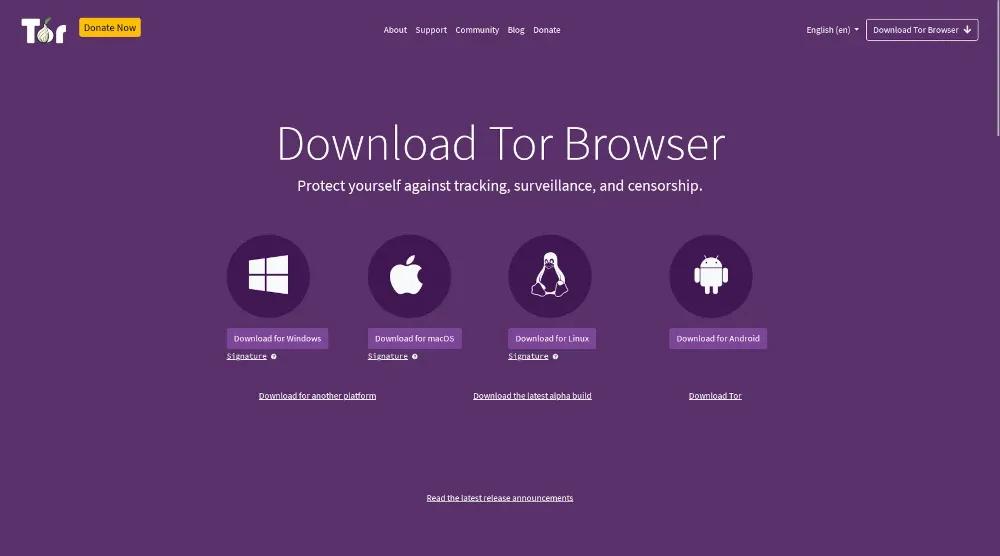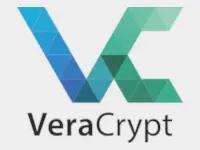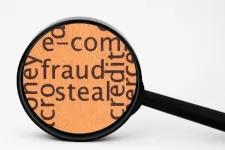In this short tutorial, we will delve into the realm of the Dark Web, a fascinating but often misunderstood corner of the internet. You may have come across terms like Darknet, Dark Web, or Deep Web, leaving you curious about what lies behind these enigmatic phrases. If you have ever wondered how to access this mysterious underground internet, you're in the right place.
Contrary to popular belief, accessing the Dark Web is far simpler than most people imagine, and it does not require specialized knowledge or advanced computer skills. However, before surfing the waves of the Dark Web, there are some important considerations that explorers must keep in mind.
In this comprehensive guide, we will demystify the Dark Web and equip you with the necessary knowledge and precautions to navigate this hidden realm securely. By the end of this tutorial, you will not only understand what the Dark Web is all about but also know how to access it safely, ensuring your online presence remains protected.
Dark-Web and Deep-Web - What is the difference?
While both terms "Dark" and "Deep" may sound mysterious or even spooky, there is a significant difference between the two. The "Dark Web" is only a small portion of the larger "Deep Web." The Deep Web encompasses all data that search engines do not index due to various reasons, such as paywalls, forums that require user registration before accessing content, and information located behind password-protected servers. In this case, the Dark Web operates on a different network layer called "The Onion Network." Yes, "Onion," the vegetable. It is named this way because of the layers of protection this network provides to its users. To learn more about the technical principles of the onion network, read "The Dark Web: Unmasking the Technologies Behind the Veil."
Is accessing the dark web legal?
Accessing the dark web is not illegal in most countries. However, what you do on the dark web is more important. The dark web has many use cases that are completely legal or at least ethical. For example, some people simply want to conceal their identity for privacy reasons or because they believe they shouldn't be monitored. Others might be located in more oppressive countries where internet access is somewhat or completely restricted. The Tor network allows these people to access the free internet with enhanced privacy protection.
Can my internet provider or the government see if I'm using the darknet?
This is a tricky question. While your internet service provider cannot see which websites you access on the dark web, they can still detect if your traffic is flowing to the dark net. However, there are solutions to this problem. The first solution is to use Tor bridges. These help individuals in countries where darknet traffic might be blocked to make their traffic look regular and not stand out. The second solution is to use a VPN. This way, your traffic first flows to a VPN server and only then to the onion network. Traffic flowing to the VPN is encrypted. This way, your internet service provider can only tell that you're connected to a VPN. However, it would be really difficult to determine where that traffic is destined to after the VPN server. This serves as an added layer of protection.
How do I access the dark web?
To access the dark web, you must first download the TOR browser. The TOR browser is a modified version of Mozilla Firefox that has several privacy enhancements and is configured to access the onion network. To download the TOR browser, simply click on the download button on the download page, open the downloaded file, and follow the installation instructions. The installation process is straightforward, and there is no need to elaborate on it.

Once you launch the Tor browser, you will be asked if you want to simply connect to the Tor network or if you would like to use bridges. This is up to you to decide.
There is one small possible caveat to the Tor browser: make sure your time zone and clock are both set correctly, otherwise the Tor browser might not work.
Where can I find the addresses of darknet websites?
The dark web websites or correctly called "Hidden services" always end with ".onion" domain extension. You can check out our 'Dark Web Links' section, There you will find a list of popular darknet services, such as 'Dark web forums', 'Dark web markets' and many more. Your best bet in finding websites you may like is to try out one of the darknet search engines.
How do I protect my identity and stay anonymous on the dark web?
To remain anonymous and protect your identity, it is crucial to never use real personal information, including name, birthday, email, and even passwords. It is also important to keep regular activities separate from darknet activities and exercise caution and common sense.
How do I store my Darknet files safely?
If you register on dark web websites and want to store your login details or other files somewhere safe, you could consider creating an encrypted storage drive. Something as simple as a password-protected .ZIP archive might suffice. However, for larger files and greater safety, it is recommended to use VeraCrypt. VeraCrypt helps with the encryption of external drives or encrypted containers in a simple file form. If you want to learn how to use VeraCrypt check out the "VeraCrypt tutorial".
Is it legal to access darknet markets?
Yes, it is legal to access dark web markets in most countries. There are many reasons why somebody might want to access them, for example, for research purposes, to purchase a product which happens to be not illicit or banned in the visitor's country, or simply out of sheer curiosity. However, there are indeed many illicit products and services on these markets. I highly discourage you from purchasing anything unless it is absolutely necessary and legal.
How can I explore the dark web with even more safety?
While the aforementioned safety precautions may be sufficient for most people, they may not be enough for individuals such as journalists or whistleblowers.
A viable option for these individuals could be to use the Tails live operating system. Tails Live OS can be installed onto a USB flash drive, and your computer can be booted from the USB stick. Tails is significantly safer because once the system is powered off, no files or history are stored, providing an additional layer of security.
Another option is the 'Whonix' operating system. Whonix runs in the VirtualBox environment, but the VirtualBox files should be stored in an encrypted storage container because Whonix is not an amnesic system and will keep files inside even after shutdown. To learn more about the advantages of the Whonix OS, read "Whonix versus VPNs."
Summary
Accessing the Dark Web is legal in most countries, but it is important to be cautious and protect your identity. To access the Dark Web, you need to download the TOR browser, and to find websites, you can use darknet search engines. To stay anonymous, it is crucial to never use real personal information and keep regular activities separate from darknet activities. For added safety, individuals such as journalists or whistleblowers can use the Tails live operating system or the Whonix operating system.




